Table of Contents
ToggleSources
- https://www.uscis.gov/citizenship/learners/study-test/study-materials-for-the-civics-test
Official USCIS page providing study materials for the civics test, including the 100 questions and answers, directly relevant to the blog post's topic. - https://www.law.cornell.edu/constitution/first_amendment
Cornell Law School's authoritative legal resource on the First Amendment, providing the exact text and legal interpretations, supporting the post's detailed explanation of First Amendment rights. - https://www.oyez.org/cases/1970/70-18
Oyez's case summary of Lemon v. Kurtzman (1971), which established the 'Lemon Test' for government assistance to religious groups, directly supporting the post's discussion on freedom of religion. - https://www.supremecourt.gov/opinions/boundvolumes.aspx
Official Supreme Court opinions archive, providing access to landmark free speech cases (e.g., Brandenburg v. Ohio, Cohen v. California) cited in the post, validating its legal claims. - https://www.aclu.org/issues/free-speech
ACLU's expert analysis on free speech protections and limitations, aligning with the post's discussion on First Amendment boundaries (e.g., fighting words, internet speech).
Key Points
- The First Amendment protects freedoms of speech, religion, assembly, press, and petitioning the government.
- Freedom of religion prohibits state-sponsored religion but allows limited secular government assistance to religious groups.
- Freedom of assembly allows peaceful protests but does not protect violent or destructive actions.
- Freedom of the press prevents government censorship but does not protect slander or false information.
- Freedom of speech protects against government censorship but does not shield individuals from social or professional consequences.
- The First Amendment does not protect speech that incites violence, involves slander, or creates panic (e.g., yelling 'fire' in a crowded place).
- The Bill of Rights was added to protect individual freedoms from excessive federal government control.
- The U.S. has broader free speech protections than many other countries, allowing offensive political speech and lenient pornography laws.
- Supreme Court rulings have upheld strong free speech protections, even for controversial or offensive expressions.
- The internet has amplified political discourse, making it easier to spread diverse and extreme viewpoints.
Summary
The blog post explains key rights protected by the First Amendment, including freedom of speech, religion, press, assembly, and petitioning the government. It highlights that while these freedoms are broad, they have limits—such as prohibitions on inciting violence, slander, or breaking laws under religious claims. The post also compares U.S. free speech protections to other countries, noting America's relatively lenient stance on offensive speech and political expression.
To pass the US citizenship test, you will have to answer 10 of a possible 100 questions. The following question is from the USCIS test.
What is one right or freedom from the First Amendment?
Acceptable Answers:
- speech
- religion
- assembly
- press
- petition the government
The following is a full explanation of the USCIS question:
Freedom of Religion
The First Amendment prohibits laws that establish a state religion or forbid forms of religious worship. A state-sponsored church would be unconstitutional in the United States. A 1971 case shows that a limited amount of government assistance to a religious group is legal if:
- The primary purpose of the assistance is secular.
- The assistance must neither promote nor inhibit religion.
- There is no excessive entanglement between church and state.
People’s right to practice their religion sometimes has limits. For example, a 19th-century case proved that laws against polygamy are legal under the constitution. You cannot usually gain the right to break any laws by claiming that your religion requires it.
Freedom of Assembly
People also have the right to peacefully assemble without government interference. They have the right to speak about their grievances in public or demonstrate peaceably against the government.
Peaceful demonstrations always carry the risk of turning violent, but when protesters hurt people or destroy property, they cannot claim protection under the First Amendment. Like freedom of religion, freedom of assembly does not give you the right to break any laws.
Freedom of the Press
The First Amendment also requires freedom of the press, which prevents legislators from passing government censorship laws. While the federal communications commission controls regular broadcast radio and television in the United States, it is not easy to censor movies, the internet, or print media.
One thing that is not permitted in the print media, though, is slander. If anyone causes harm to another person’s reputation by publishing false information about them, that is illegal and not protected by the United States Constitution.
Freedom to Petition the Government
Citizens must be allowed to bring their grievances to the government under the First Amendment. The government in turn is duty bound to allow people to vocally disapprove of its conduct as long as they do so peacefully. Members of the public can write letters, picket, and file lawsuits, and the government is prohibited from passing laws against this.
Freedom of Speech
Freedom of speech is being allowed to say, write, or express what you want without fear of punishment. In the United States, it works well to protect people from government censorship laws but does not protect people from other consequences of offensive speech.
For example, a popular social media platform can choose to ban people who publish certain content on it. No one can claim that they were denied First Amendment rights if a social media platform bans them or deletes their content.
In addition, the First Amendment does not prevent anyone from losing their job or damaging their reputation if they write or say something that offends a large number of people.
However, the First Amendment wields enormous power with regards to government censorship. Most countries have less freedom of speech protection than the United States. The United States Supreme Court decides the limits of free expression.
Freedom of Speech in the Constitution
The First Amendment states, “Congress shall make no law…… abridging the freedom of speech, or the press; or the right of the people peaceably to assemble, and to petition the Government for a redress of grievances,” which is a rather powerful statement that seems to protect free speech in all instances.
Despite that explicit guarantee of free speech, it remains limited in practice. Pornography is usually legal, but some forms are illegal everywhere.
Speech that is considered an incitement to violence can still be banned. Slander laws make it illegal to damage someone’s reputation by spreading false information. Yelling something like “bomb” or “fire” to instigate panic is also against the law.
Why Was Freedom of Speech Added to the Constitution?
While the constitution created a strong federal government in 1787, it did not grant the people many rights. The American populace knew that a bill of rights was necessary to protect them from the new, stronger federal government.
The Bill of Rights served to strengthen state governments and individuals against the federal government. It ensured that the government does not have and cannot create any excessive and unnecessary powers.
The authors of the Bill of Rights saw religion, speech, and the press as outside what the federal government should have control over.
Is There Less Freedom of Speech in Other Countries?
Many countries have adopted hate speech laws, which often make it illegal to utter things that one can say in the United States. For example, denying or minimizing the Holocaust is legal in the United States as long as one is not inciting violence.In many parts of Europe, Holocaust denial is considered hateful speech and against the law.
Even if a country is considered to have relatively free speech, it often pales in comparison to the United States. The United States allows offensive political speech for instance, including that which would be considered seriously offensive elsewhere.
Pornography is another example. It can be banned under obscenity laws, as obscenity is unprotected speech, according to the United States Supreme Court. However, obscene material must both 1) describe sex in a patently offensive way and 2) not contain any serious literary, artistic, political, or scientific value. Not much is considered obscene under that standard, so pornography laws are quite lenient in most US states.
Fighting Words and Imminent Lawless Action
Insults usually do not have First Amendment protection. For example, a person who yells insulting language at a police officer might be charged with disorderly conduct. Yelling insults, profanities, and threats at someone is potentially illegal.
Speech that is likely to lead to violence is not protected speech and may fail the imminent lawless action test.
Supreme Court Cases About Free Speech
One 1960s case that shows just how strong the First Amendment is involved a Ku Klux Klan leader speaking to a crowd about taking “revenge” against Black and Jewish people. The Supreme Court ruled that this was legal because it was not severe enough to count as inciting an immediate crime.

Get Smarter on US News, History, and the Constitution
Join the thousands of fellow patriots who rely on our 5-minute newsletter to stay informed on the key events and trends that shaped our nation's past and continue to shape its present.
Not everyone voices their thoughts on revenge or violence can escape legal action, but sometimes even violent speech or something close to that is protected. The rationale for protecting speech that advocates crime is that people should legally be able to strongly criticize the law and society. Many harsh and perhaps valid criticisms of the law and society could become illegal if it was too easy to punish people for advocating crime.
Wearing clothing with swear words in a public place may be protected by the First Amendment if it is done in the name a political cause. A nineteen-year-old who wore clothing that protested the Vietnam War draft and included a curse word was allowed to wear it in public, including a courthouse. The Supreme Court ruled that people are free to choose which words they want to use when standing for a political cause.
The Internet Promotes Free Speech
Since the beginning of the 21st century, American people’s politics have moved away from the center and farther towards opposite ends of the spectrum. A major contributing factor in this growing chasm has been the internet and role it plays political discussion
The online world makes it easier to spread ideas that are hard to find in the print/broadcast media. This allows people on the left and the right to disseminate their beliefs to a sizeable audience.
While internet speech is not completely free, there is probably more power to spread ideas today than ever before. Social media platforms are often lenient about what content they don’t allow, and often cannot immediately detect and remove content they disapprove of.
What Is One Right or Freedom From the First Amendment Quiz
Frequently Asked Questions
What are the acceptable answers for the First Amendment rights or freedoms in the USCIS citizenship test?
What are the conditions under which government assistance to a religious group is legal?
Does the First Amendment protect speech that incites violence?
How does the First Amendment apply to social media platforms?
What is an example of a Supreme Court case that upheld strong First Amendment protections?
How useful was this post?
Click on a star to rate it!
Average rating / 5. Vote count:
No votes so far! Be the first to rate this post.
We are sorry that this post was not useful for you!
Let us improve this post!
Tell us how we can improve this post?
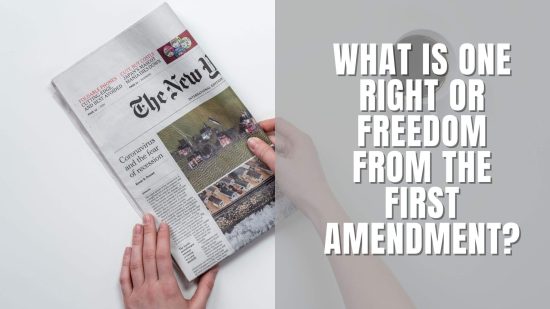
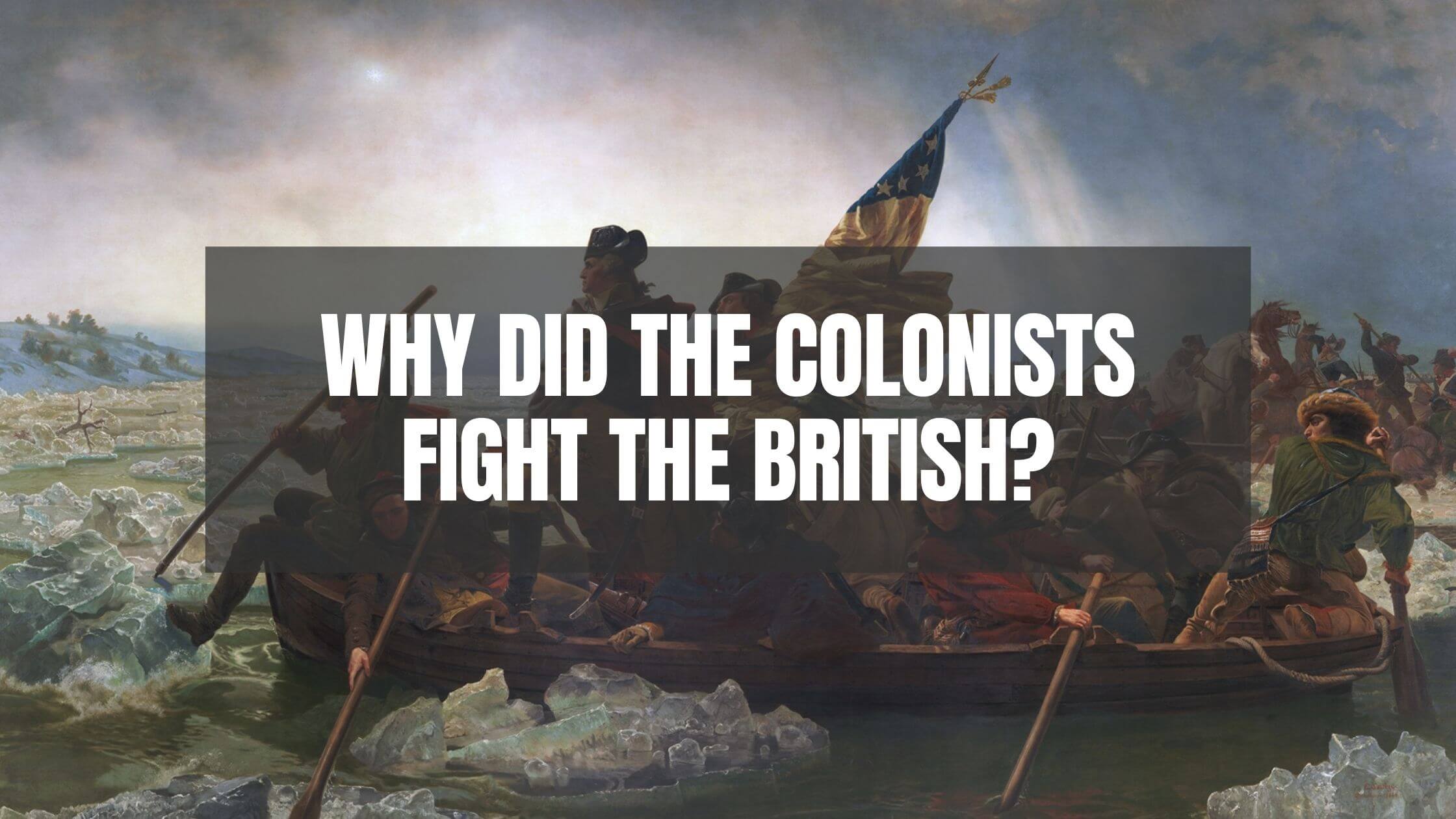
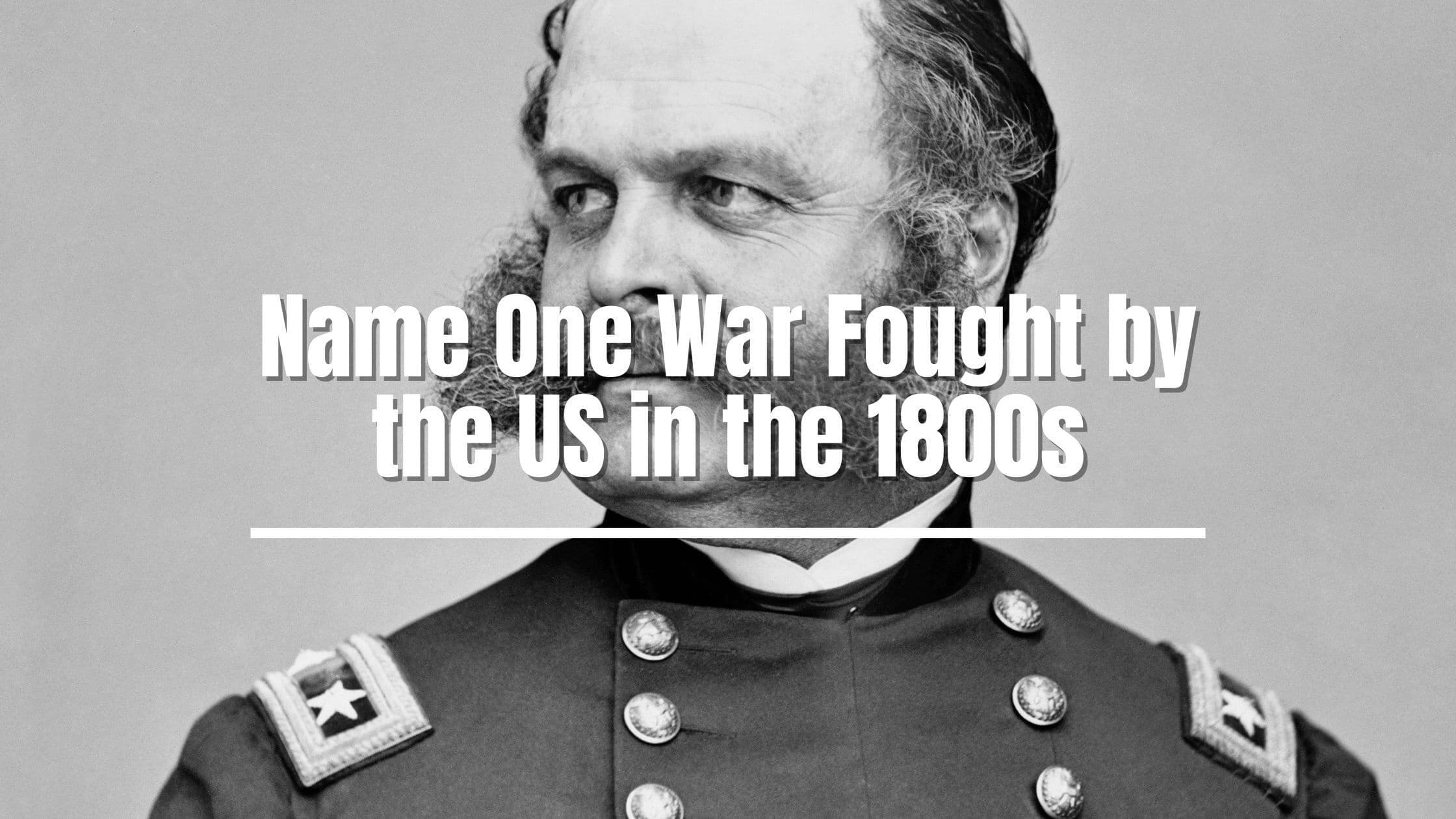
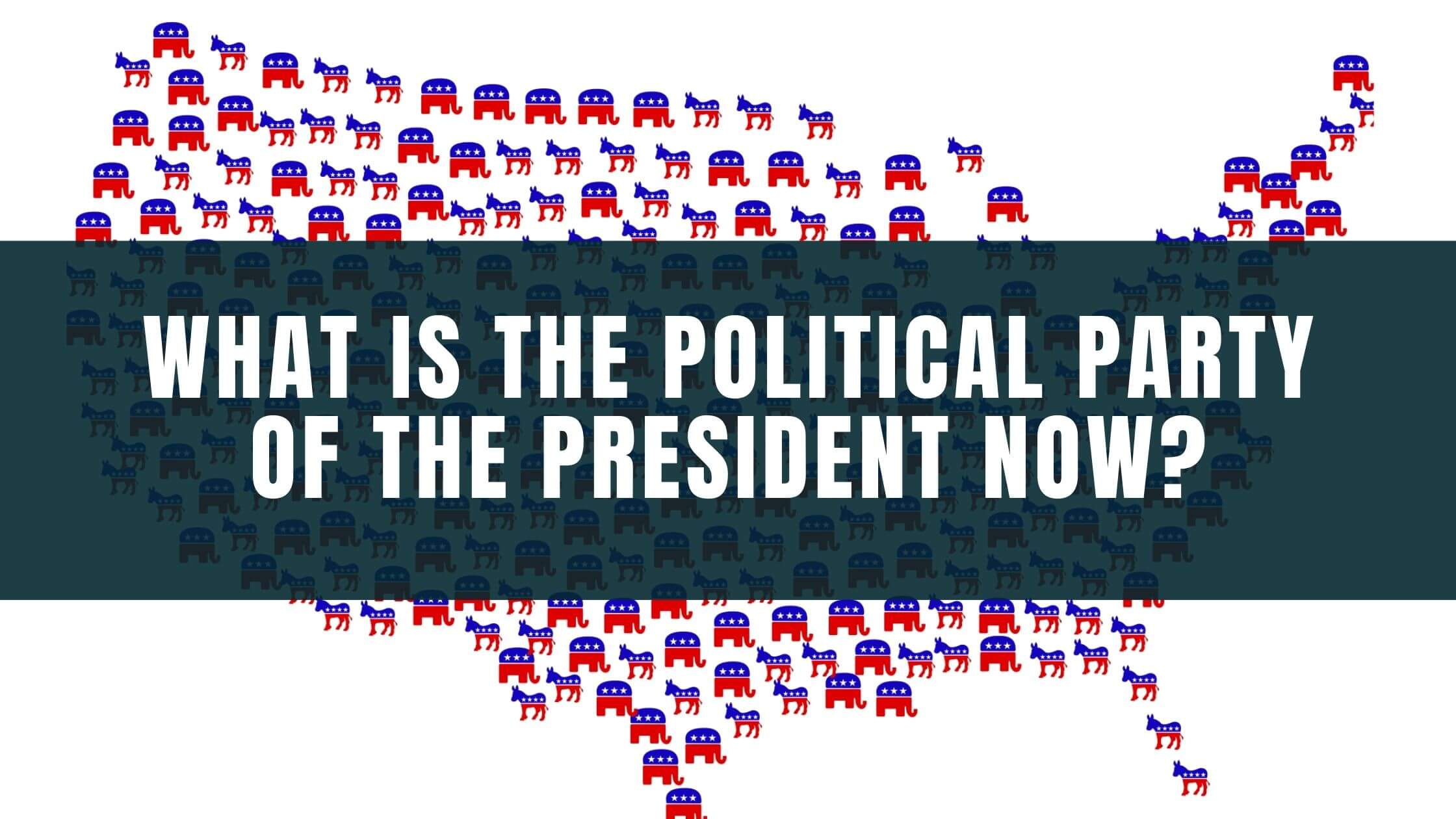
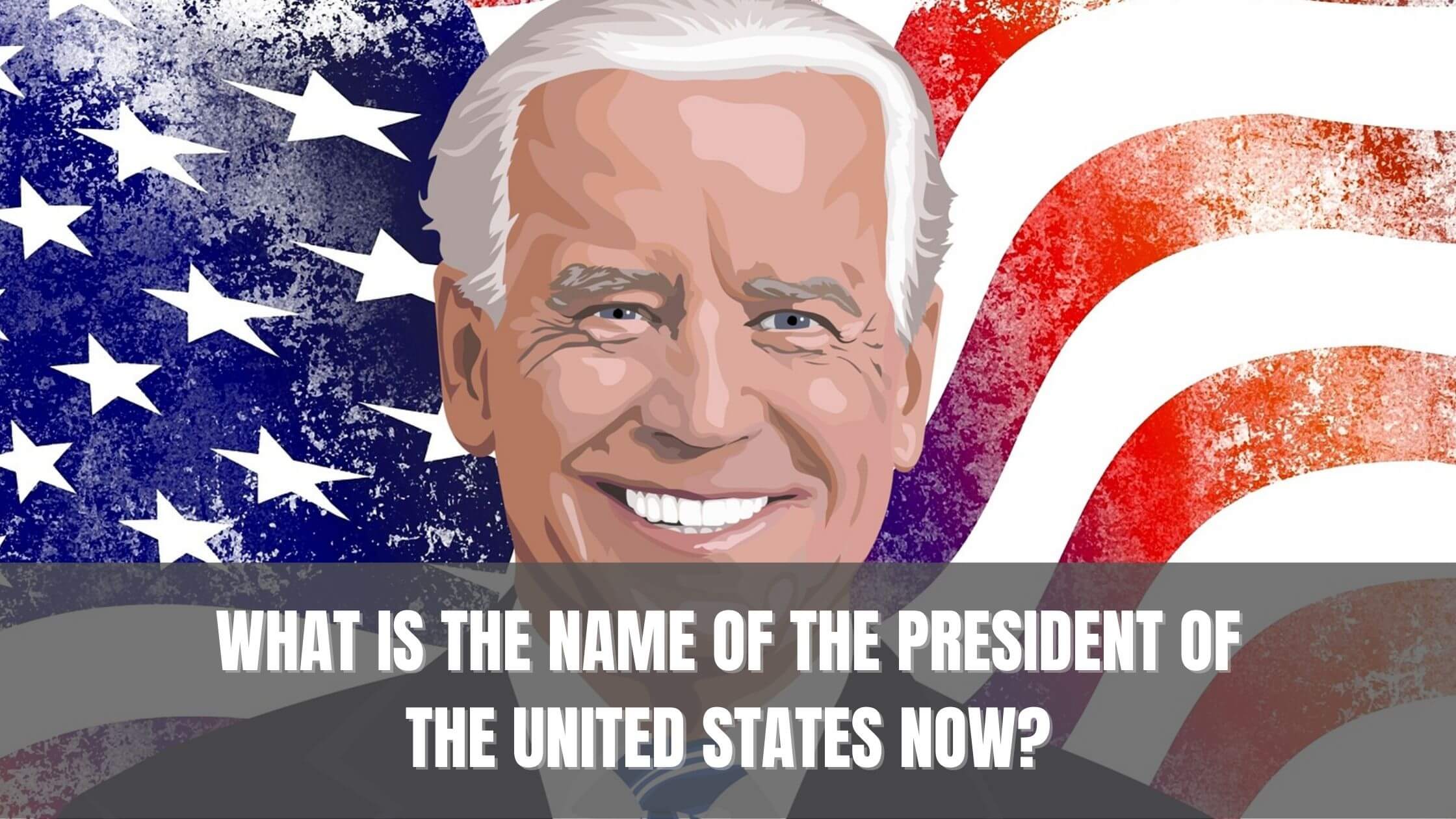
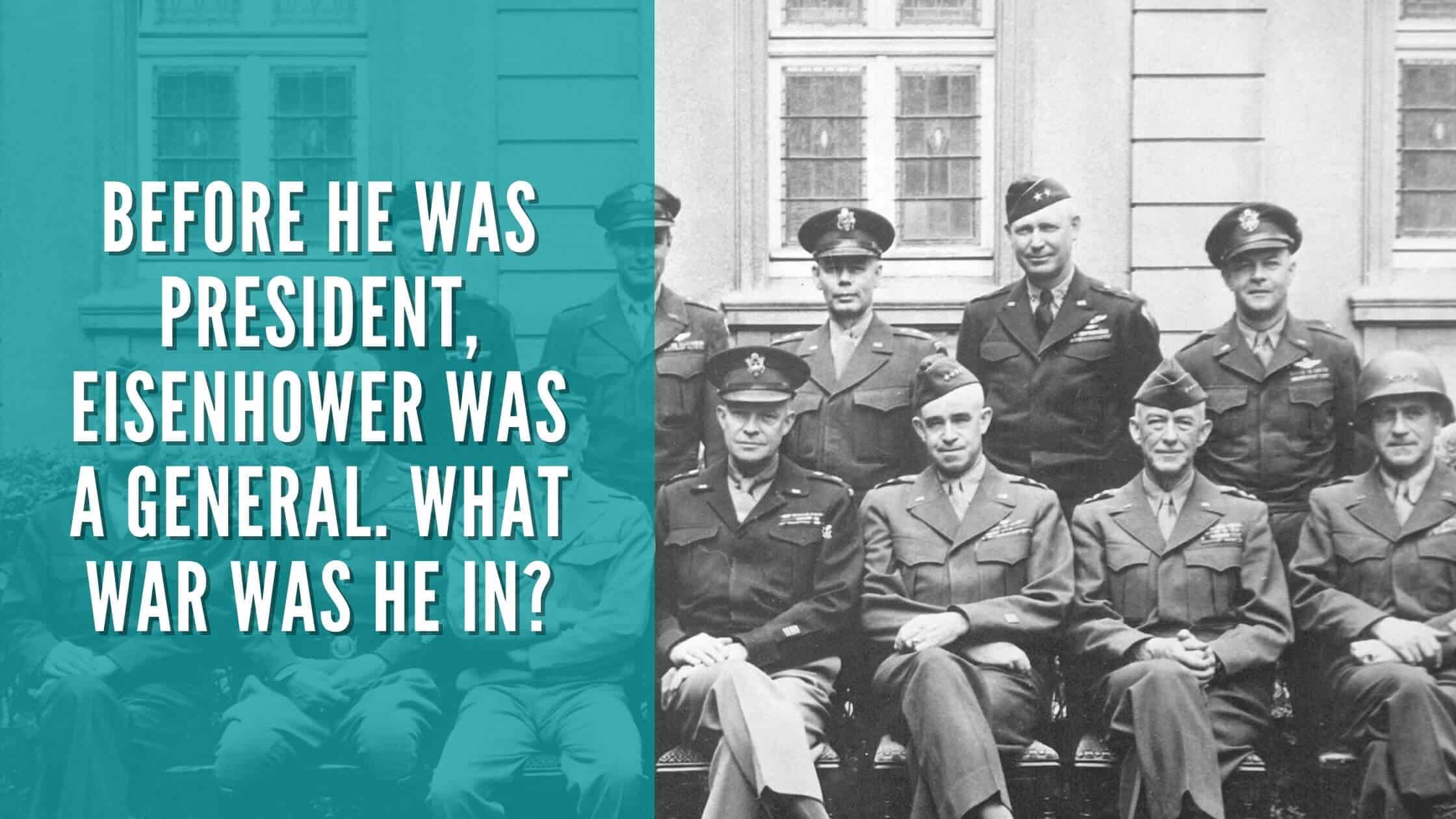
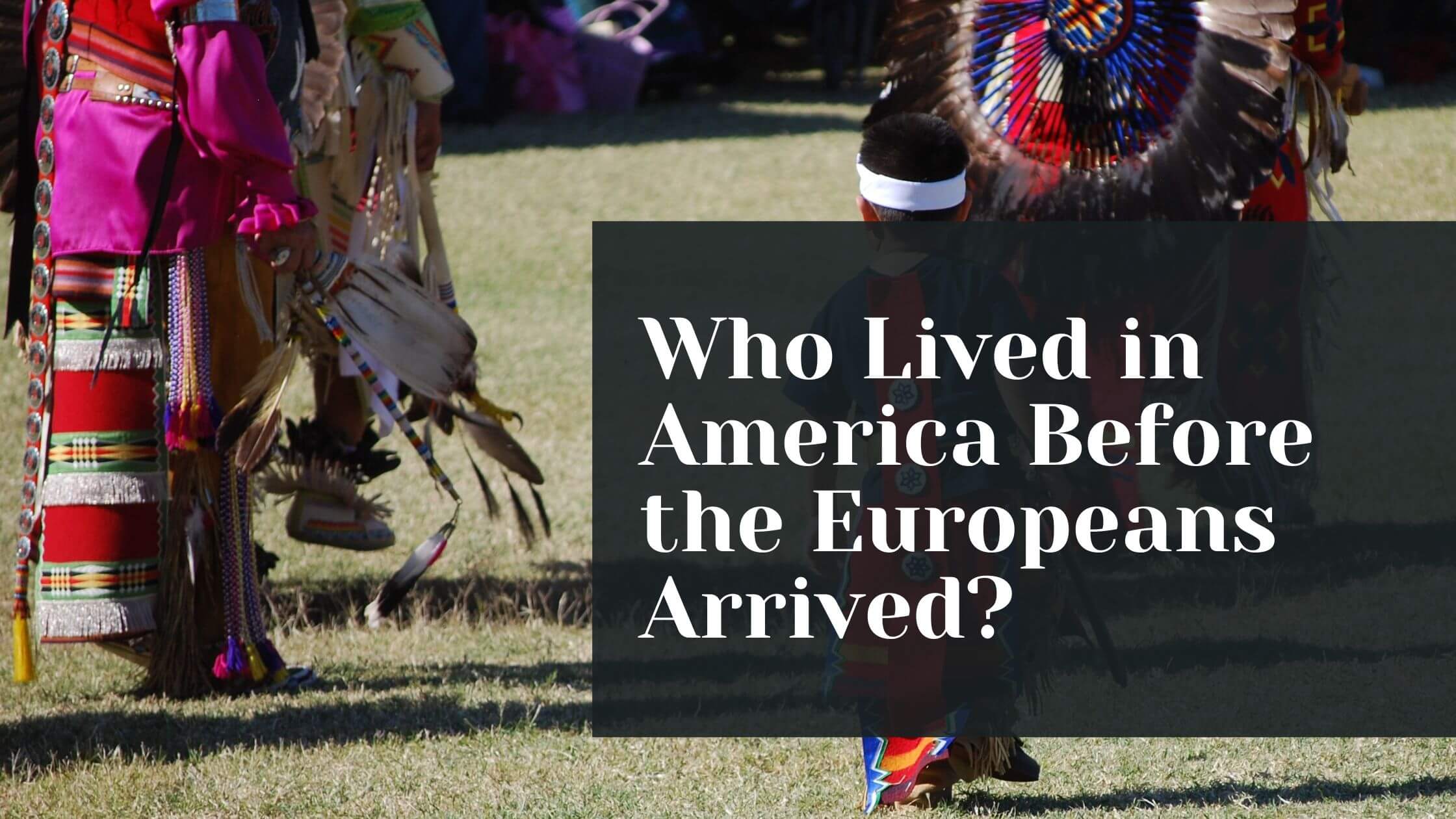
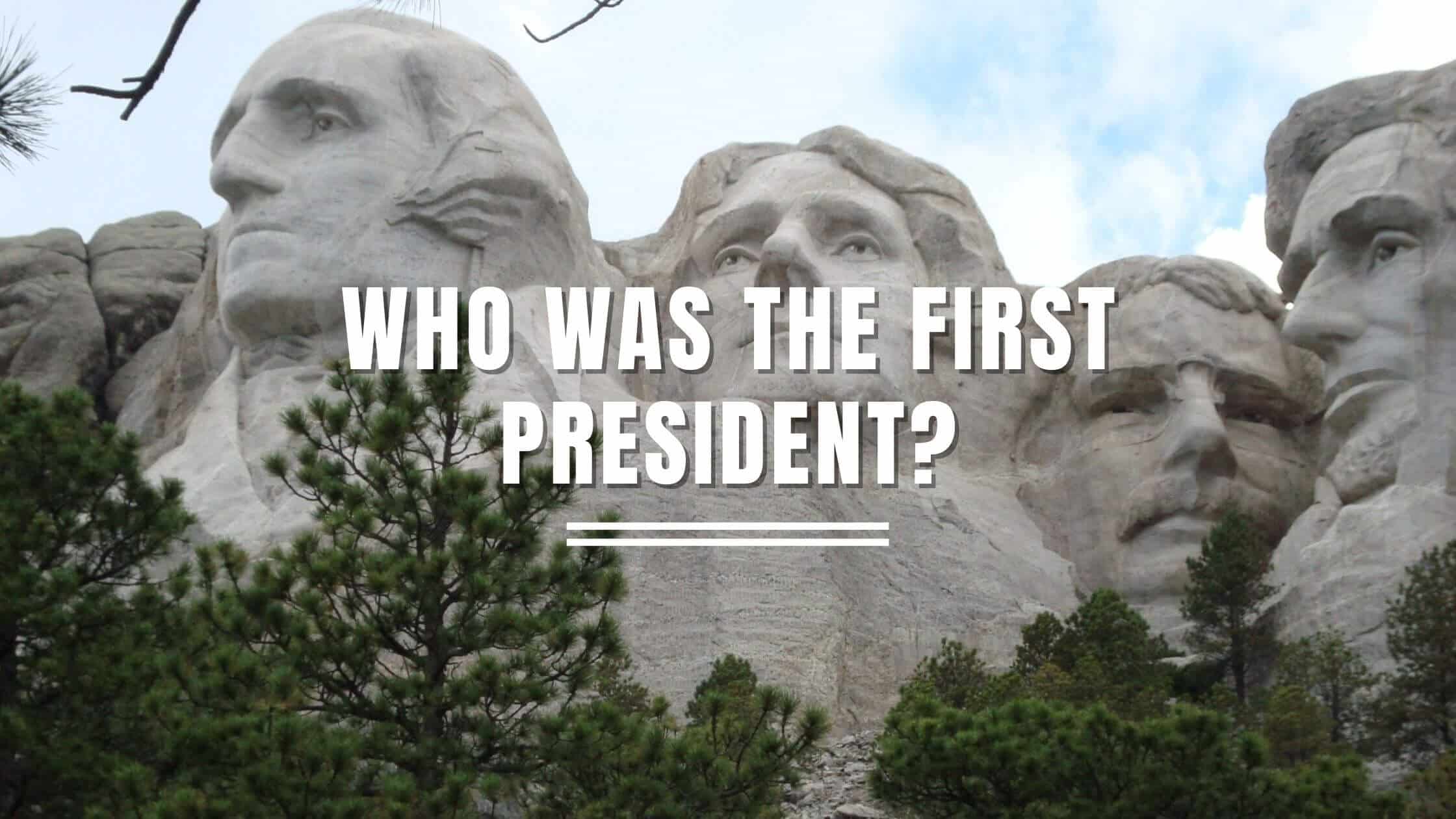
One Response
What if you state facts about a public official with their name but no longer are in the time period to file civil charges against that person, but you want the public to know exactly what that person did illegally in their job, have concrete proof. However, the statue of limitations passed for me to file lawsuits against them? Is this slander, deformation of character, or anything else I could be processed for. I want this person, this agency held responsible, people fired, etc.